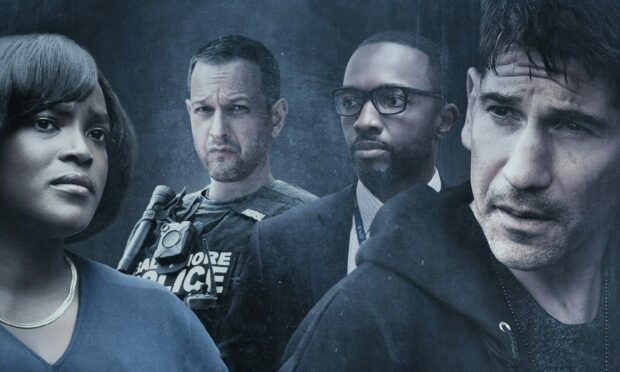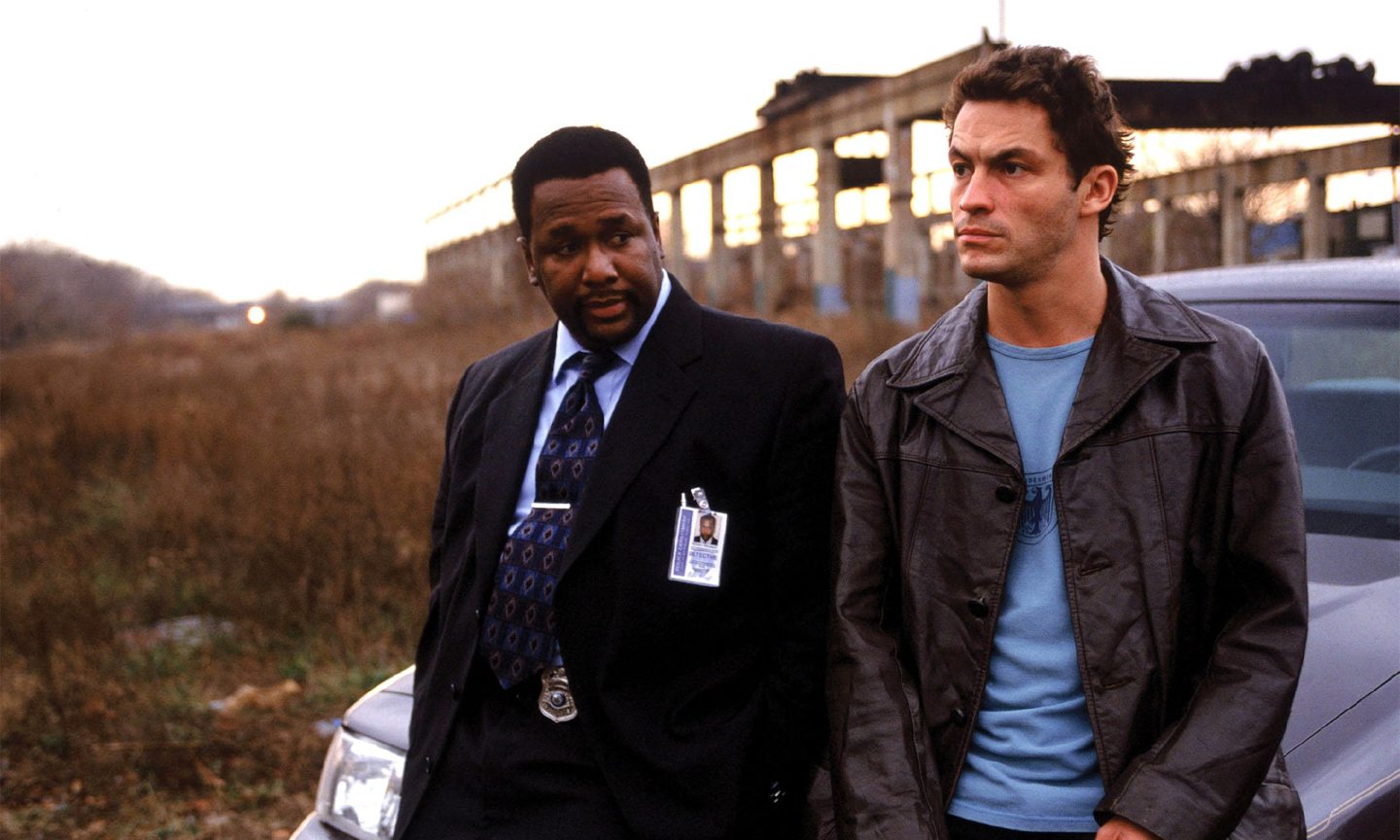Although Sky Atlantic’s new police drama We Own This City isn’t meant to be a sequel to The Wire, it’s hard not to see it that way.
After a break of 14 years, David Simon and his creative team have returned to the streets of Baltimore to re-examine the systemic failings of the Baltimore Police Department and its increasingly hopeless war on drugs.
Like The Wire, We Own This City doesn’t make things easy on audiences.”
The Wire’s overarching theme of institutional collapse and corruption is even more pointed in We Own This City, which is based on the real-life story of how Baltimore PD’s Gun Trace Task Force (GTTF) planted drugs and weapons, stole money and basically acted like its own crime gang for years with impunity.
Like The Wire, We Own This City doesn’t make things easy on audiences, with a dense plot that bounces between three timelines and a large cast of characters whose motives aren’t signposted from the off. In other words, don’t be embarrassed if you feel lost.
But, like its predecessor, patience and concentration pays off in spades and, by the time the end credits roll on episode two, the threads of the parallel storylines start to click into place and the cops v cops investigation becomes incredibly tense.
One of the strongest performances is that of Jon Bernthal as GTTF chief Wayne Jenkins.
His transformation from wide-eyed beat cop to steely-eyed street thug plays out across the six-part series and is as electrifying as it is terrifying.
The Wire was deeply critical about the state of policing at the turn of the 21st Century, but it left room for hope.”
As much as David Simon maybe wants to distance this from the fictional world of The Wire, comparisons are hard to dismiss, particularly when many of the same actors show up in this.
The Wire was deeply critical about the state of policing at the turn of the 21st Century, but featured a few characters you could root for. It left room for hope.
We Own This City takes a more despairing view – and acts as the perfect coda.

